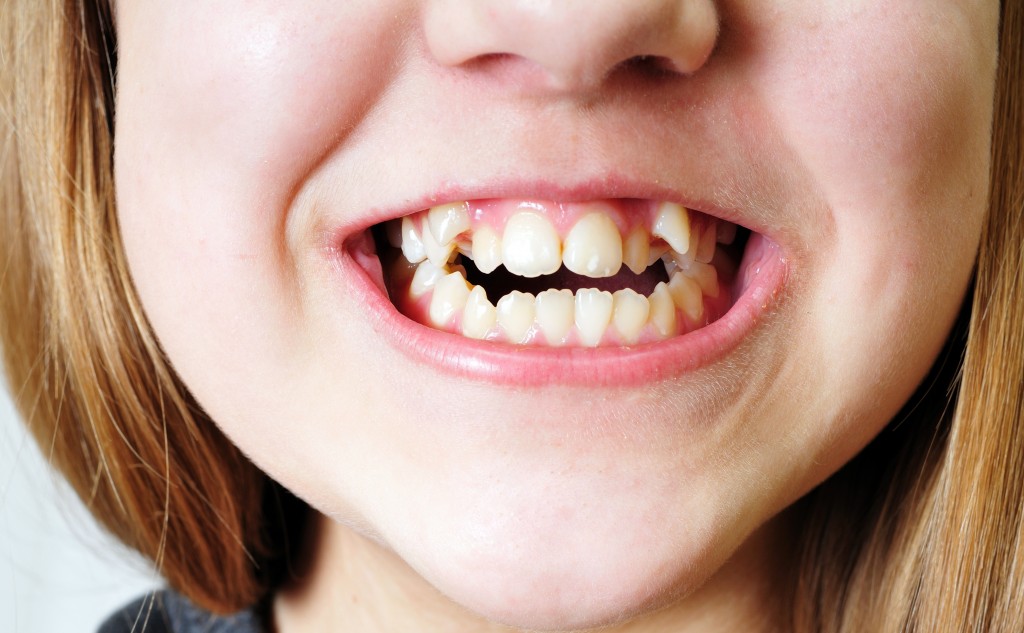From the eye color to height and heart disease, genes have a big role to play. But have you ever wondered if they’re behind bad teeth, too? If you’ve been religiously following proper hygiene, but still experiencing a cavity or two now and then, just like your mother, it may seem that it’s not far-fetched to say that genes are the culprit.
But what exactly does science say about “hereditary” dental problems?
A Family Affair
Believe it or not, genes can be a predictor in the health of your teeth. Tooth decay, for one, can be attributed to some hereditary influences. For instance, researchers have identified a gene variant for preference for sugary food.
So you may be predisposed to like chocolates and candies before you even thought it was cool to sneak into your mom’s jar when you were a kid. You may also notice your daughter having a noticeably bigger appetite for sweets than their peers. It’s not them per se. It’s the genes at play. Your genes.
If you have a strong preference for sweets, make sure to take your child to the doctor so they can receive fluoride varnish treatments. If you’re still looking for a pediatric dentist, Herriman clinics are worth visiting.
Beyond the sweet tooth, the enamel structure is also influenced by the genes. If you’ve inherited your mom’s soft enamel, chances are you won’t have that much strong protection against bacteria-causing tooth decays. The same goes for your daughter.
Genes dictate the composition of the saliva as well. As you know, this natural fluid in the body helps prevent tooth damage, as it contains important elements that neutralize plaque acids. If saliva strength doesn’t run in your blood, you’re more likely to experience cavities.

Do note though that cavities aren’t the only problems that can be blamed on the genes. Crooked teeth may be a family thing, too. You may have inherited your dad’s differing upper and lower jaw sizes, which caused the crowding in teeth, resulting in misalignment. Gum disease may also have genetic influences. People who have a family history of the problem are more likely to develop such.
Importance of Better Hygiene
The fact that bad teeth can be attributed to genes doesn’t mean that you just have to accept your dental health doom. This, in fact, means that you’d have to be more meticulous about your oral care habits to prevent exactly these problems.
Your priority here is proper brushing of teeth. You need to be thorough at it, cleaning areas often forgotten, including the back surfaces of the front teeth, the back molars the roof of the mouth and the tongue.
Use the 45-degree angle to brush the hard-to-reach areas. Spend at least two minutes of brushing to make sure that you cover all corners. Make sure also that you don’t overbrush. Aggressive cleaning will only do more harm than good, as it wears away the protective layer of the tooth. Go gentle on brushing—you’re aiming for thoroughness, not roughness.
It seems like the odds are stacked against your oral health when bad teeth run in your blood. But if you resign to this negative perspective and skip good dental habits, you’ll never be able to achieve better health. So, go prioritize proper hygiene. Don’t trivialize it.
